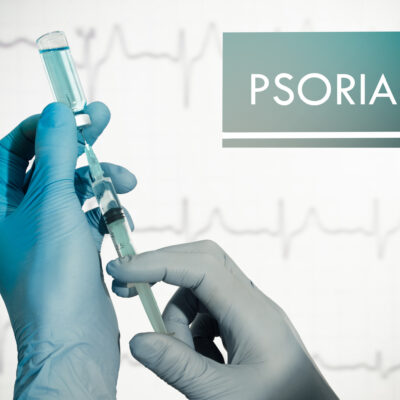
Health
5 Foods to Avoid With Lung Disease
There are many forms of lung disease, with some of the most common being respiratory syncytial virus (RSV), nontuberculous mycobacteria (NTM) lung disease, and chronic obstructive pulmonary disease (COPD). If you are immunocompromised or more vulnerable, such as if you are elderly, it is important to take preventative measures to avoid contracting lung disease. For example, it would be valuable to get the ABRYSVO vaccine to prevent lower respiratory tract disease caused by respiratory syncytial virus (RSV) in seniors. If you do have lung disease, however, symptoms can be made more manageable by making some changes to your diet—here’s 5 foods to avoid with lung disease: 1. Dairy products Have you ever noticed that you develop a bit of a cough after drinking a glass of milk or eating some ice cream? This is due to casomorphin, found in dairy products, that increases fluids, phlegm, and mucus produced by the body. In turn, this causes you to cough and could potentially result in wheezing and pain. While you don’t have to entirely cut out dairy, it’s important to monitor your symptoms after consumption and eat in moderation. If you find you react poorly to dairy products, that’s when you should consider a non-dairy diet.
Read More 















